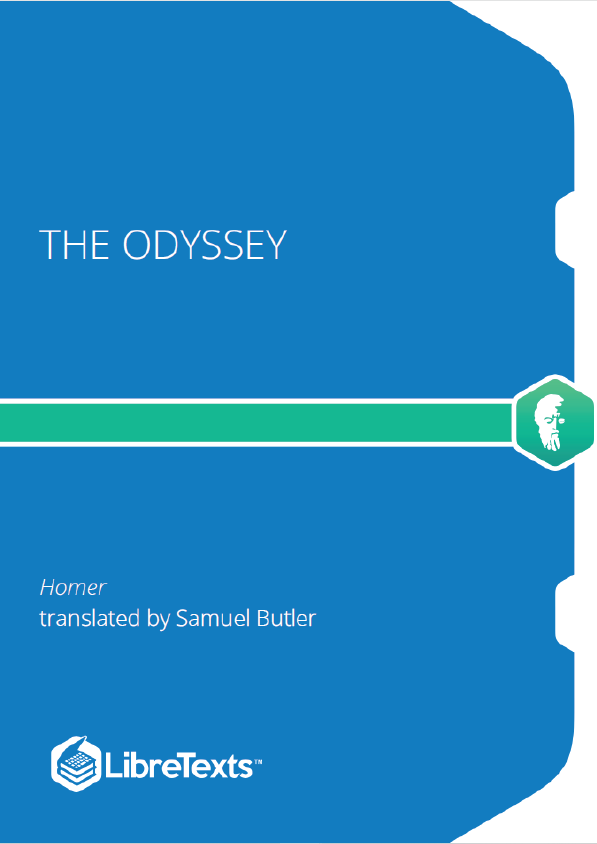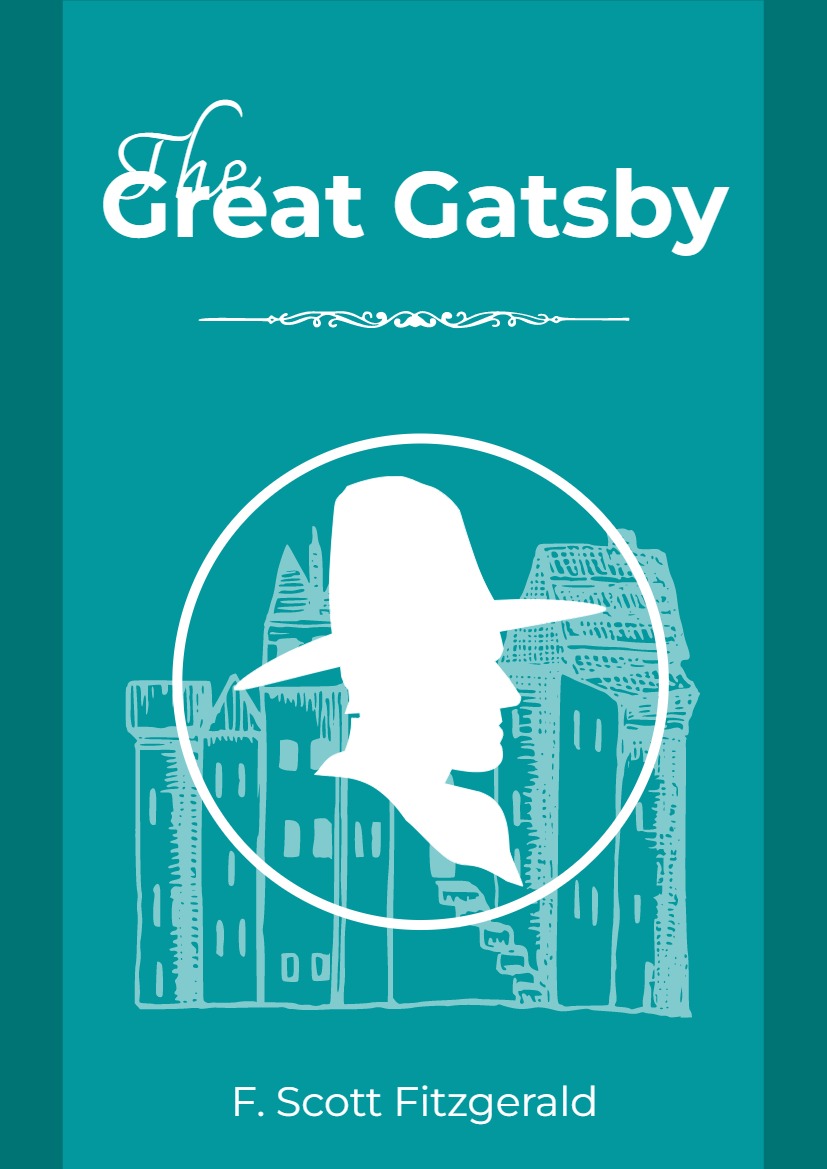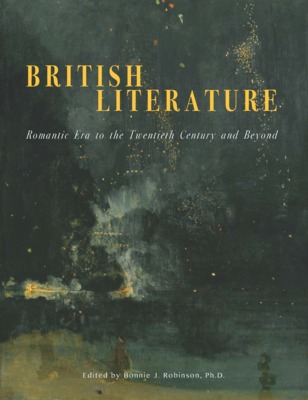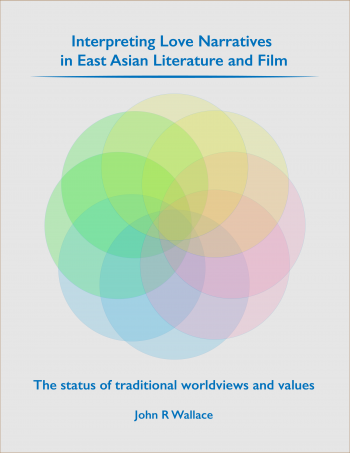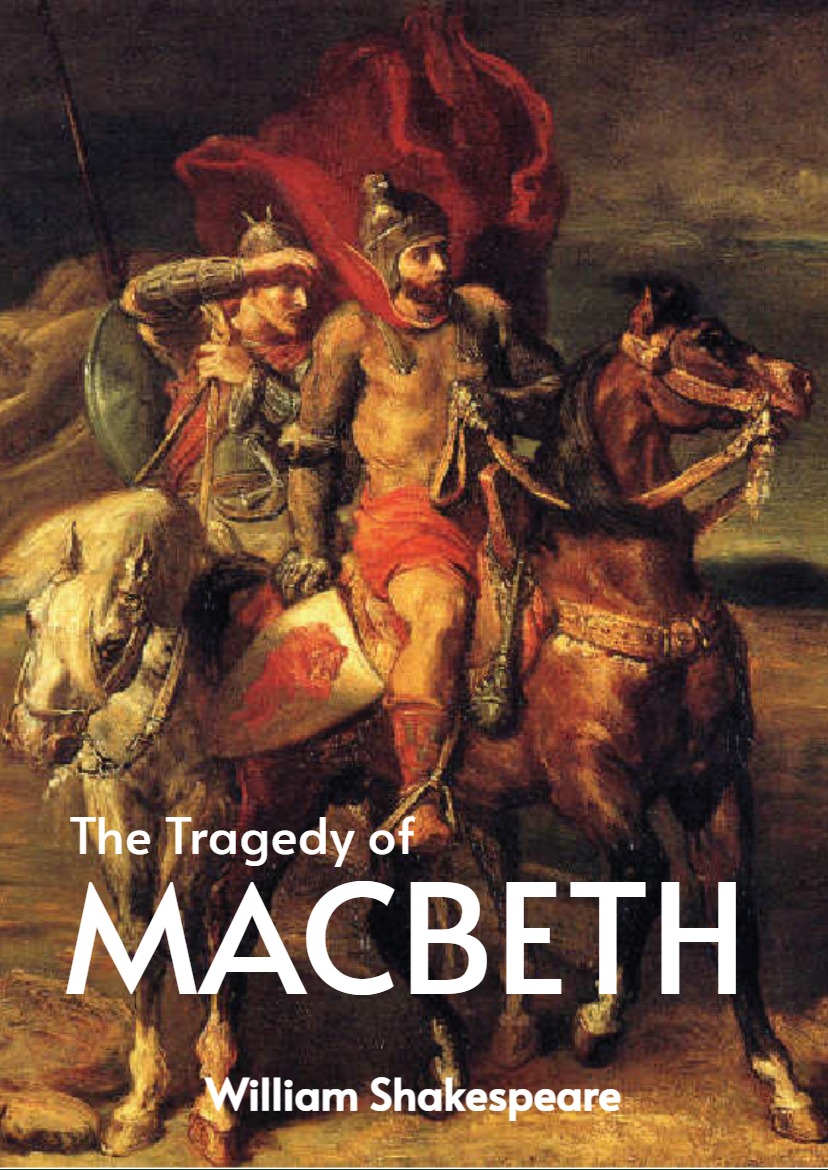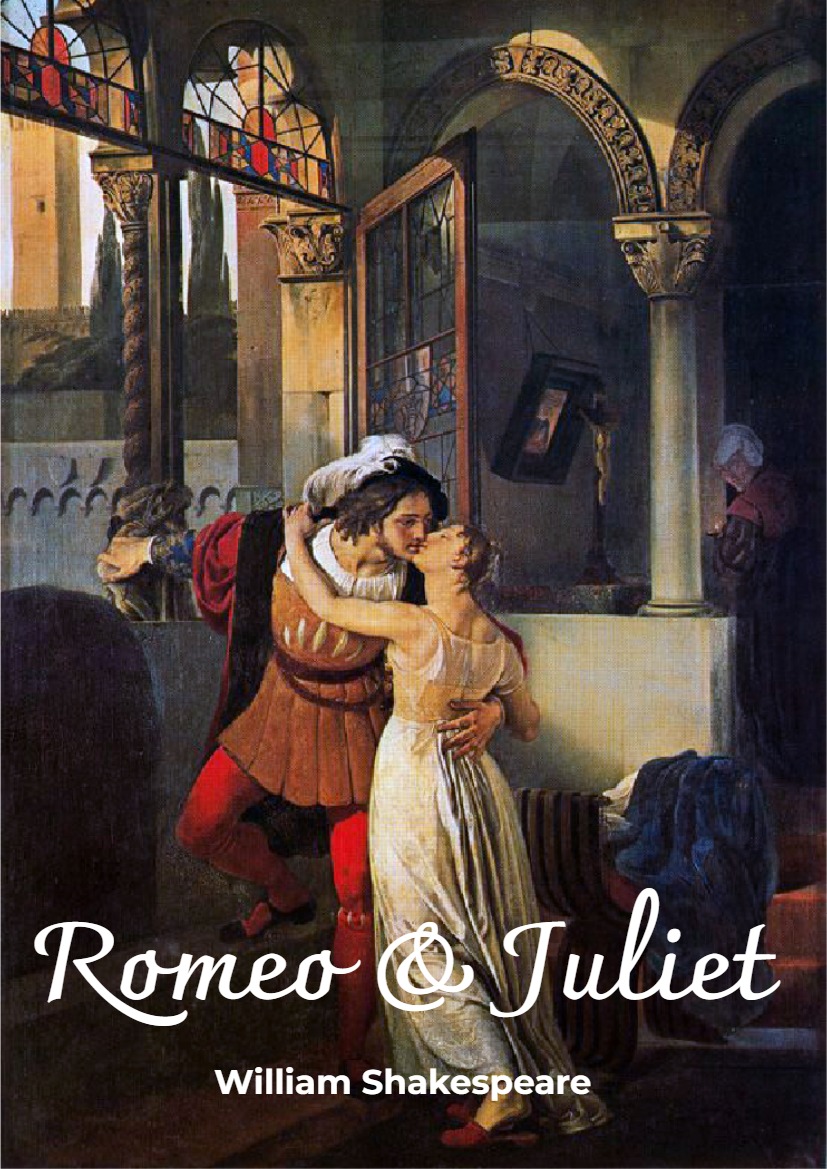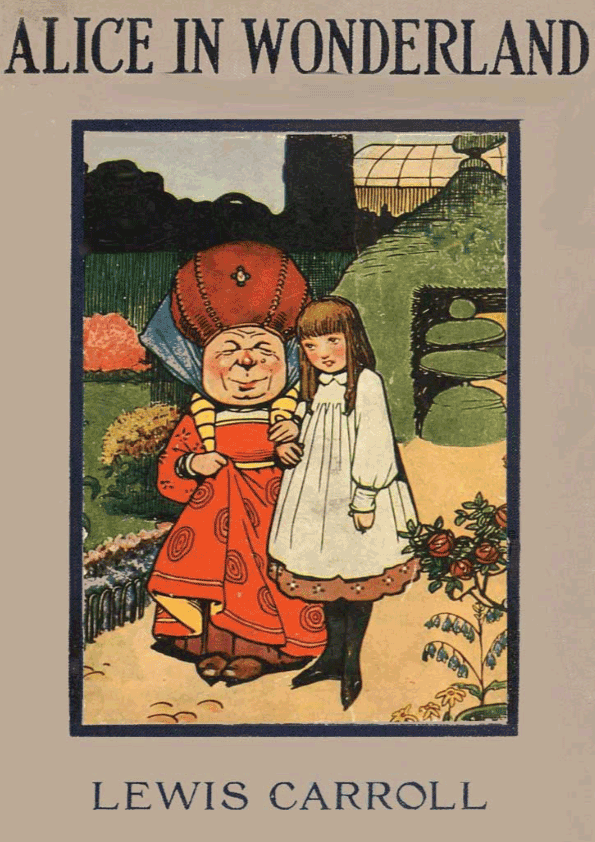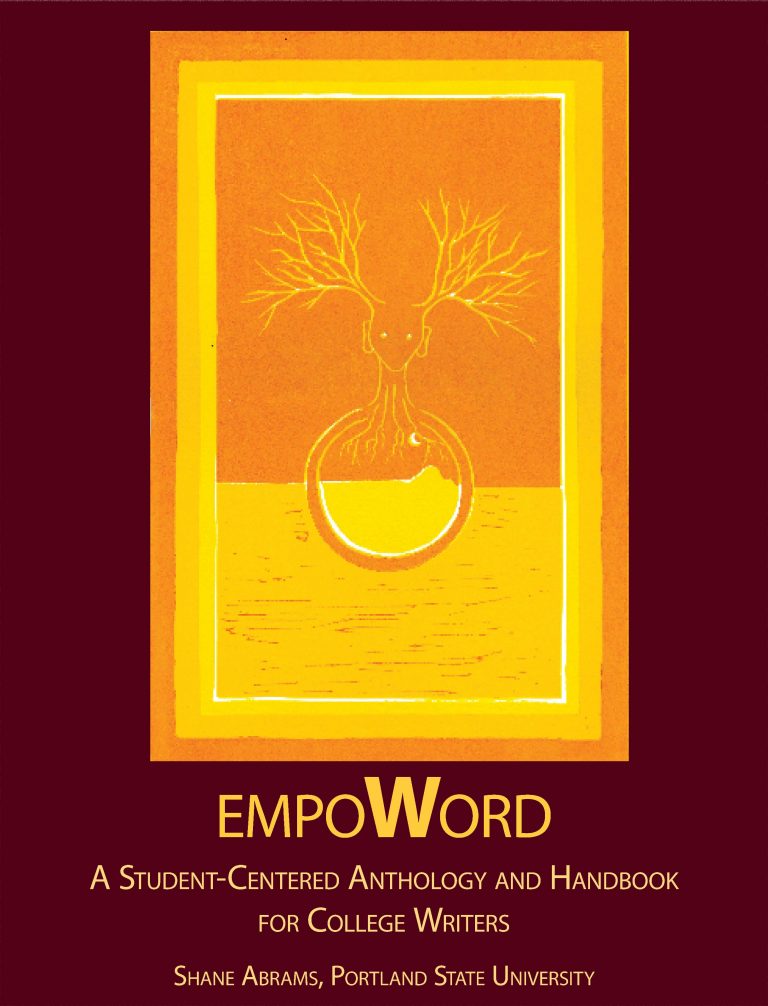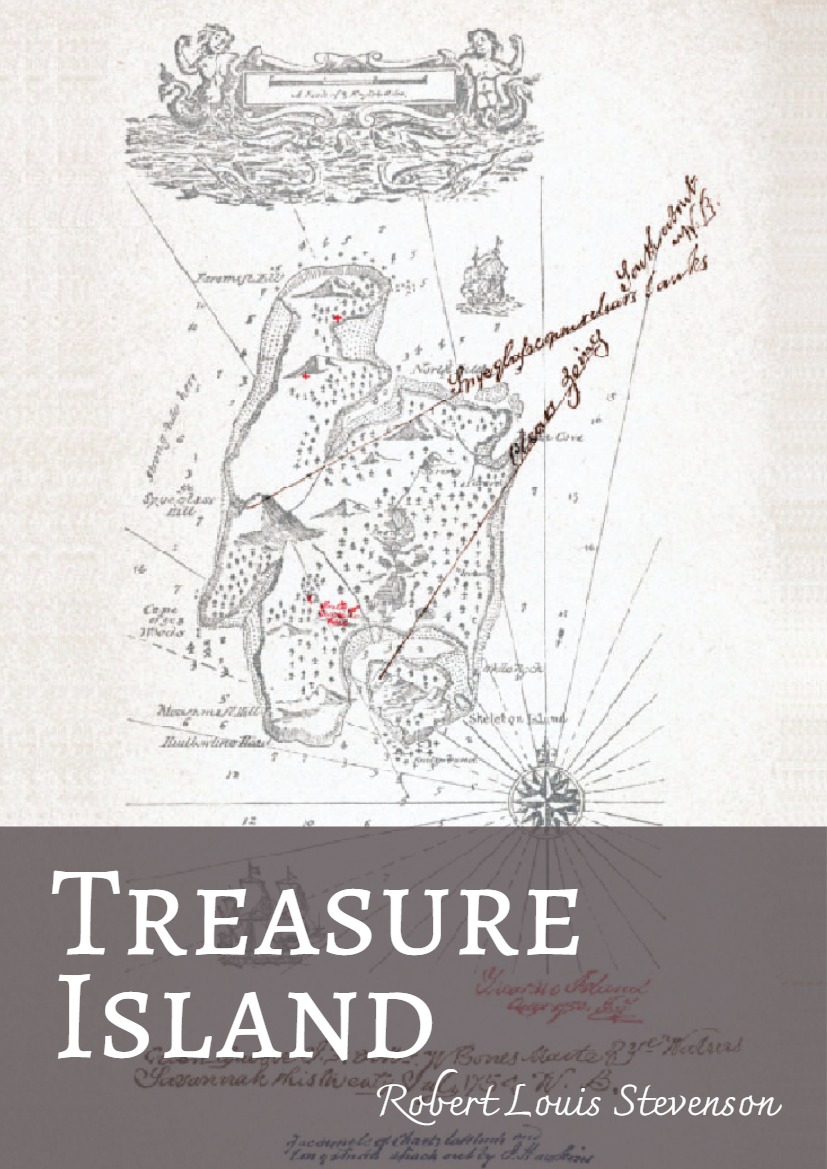Lysistrata is an ancient Greek comedy by Aristophanes, originally performed in classical Athens in 411 BC. It is a comic account of a woman’s extraordinary mission to end the Peloponnesian War between Greek city states by denying all the men of the land any sex, which was the only thing they truly and deeply desired. Lysistrata persuades the women of the warring cities to withhold sexual privileges from their husbands and lovers as a means of forcing the men to negotiate peace—a strategy, however, that inflames the battle between the sexes.
Butler’s Translation of the “Odyssey” appeared originally in 1900, and The Authoress of the Odyssey in 1897. In the preface to the new edition of “The Authoress”, which is published simultaneously with this new edition of the Translation, I have given some account of the genesis of the two books.
The size of the original page has been reduced so as to make both books uniform with Butler’s other works; and, fortunately, it has been possible, by using a smaller type, to get the same number of words into each page, so that the references remain good, and, with the exception of a few minor alterations and rearrangements now to be enumerated so far as they affect the Translation, the new editions are faithful reprints of the original editions, with misprints and obvious errors corrected—no attempt having been made to edit them or to bring them up to date.
Lysistrata is the greatest work by Aristophanes. This blank and rash statement is made that it may be rejected. But first let it be understood that I do not mean it is a better written work than the Birds or the Frogs , or that (to descend to the scale of values that will be naturally imputed to me) it has any more appeal to the collectors of “curious literature” than the Ecclesiazusae or the Thesmophoriazusae. On the mere grounds of taste I can see an at least equally good case made out for the Birds. That brightly plumaged fantasy has an aerial wit and colour all its own. But there are certain works in which a man finds himself at an angle of vision where there is an especially felicitous union of the aesthetic and emotional elements which constitute the basic qualities of his uniqueness. We recognize these works as being welded into a strange unity, as having a homogeneous texture of ecstasy over them that surpasses any aesthetic surface of harmonic color, though that harmony also is understood by the deeper welling of imagery from the core of creative exaltation. And I think that this occurs in Lysistrata. The intellectual and spiritual tendrils of the poem are more truly interwoven, the operation of their centres more nearly unified; and so the work goes deeper into life. It is his greatest play because of this, because it holds an intimate perfume of femininity and gives the finest sense of the charm of a cluster of girls, the sweet sense of their chatter, and the contact of their bodies, that is to be found before Shakespeare, because that mocking gaiety we call Aristophanies reaches here its most positive acclamation of life, vitalizing sex with a deep delight, a rare happiness of the spirit.
